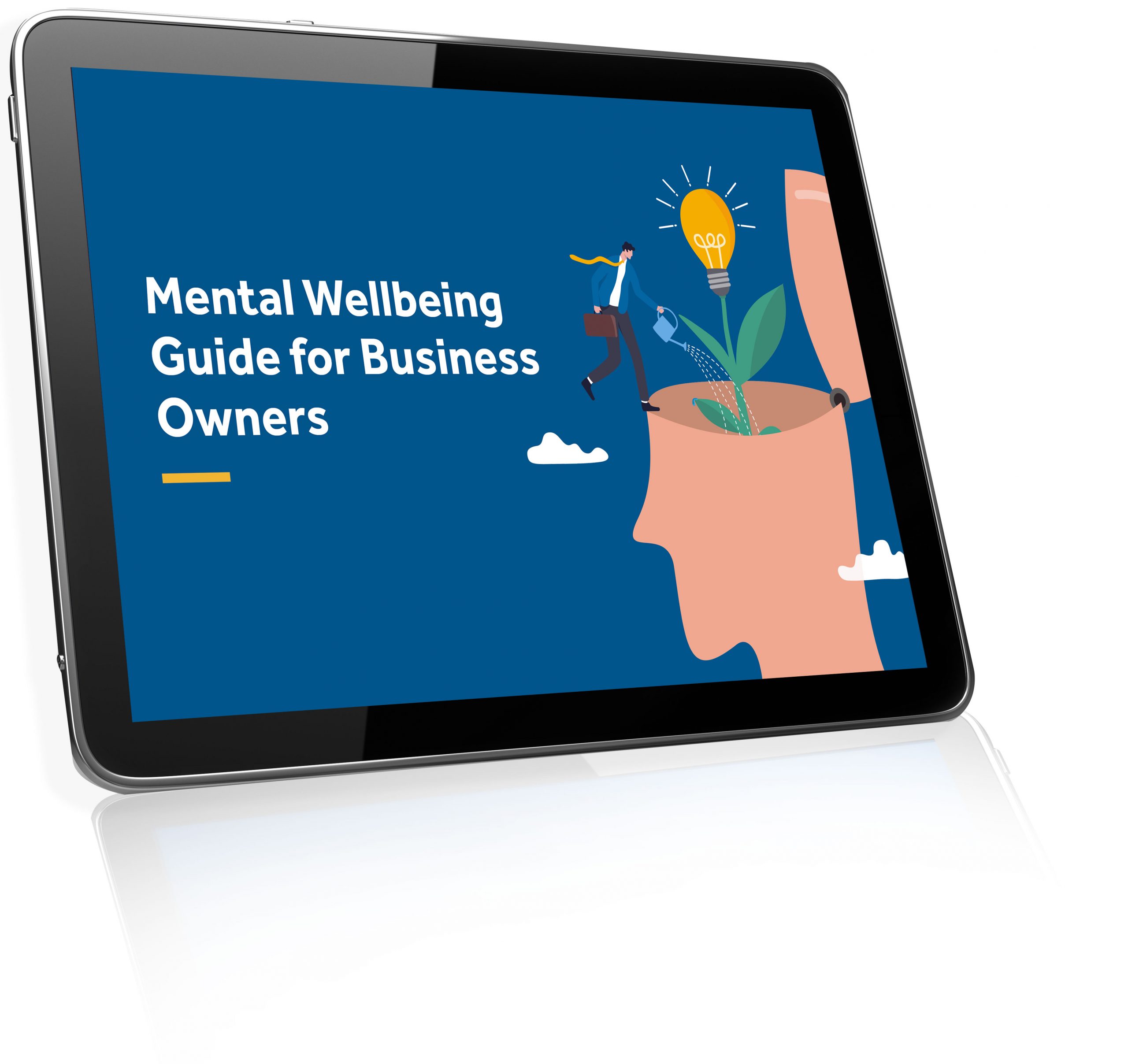
Automobile company Jaguar Land Rover has announced its plan to upskill 29,000 employees in UK. This upskilling is a step towards achieving their goal of electrification by the end of the decade. The company said its Future Skills Programme will train more than 10,000 Jaguar Land Rover and franchised retailer employees in the UK as well as nearly 19,000 workers across the world in skills related to electrification, digital and autonomous cars.
With unemployment at a record low, companies that offer upskilling and advancement opportunities are standing out in the labour market. A study by UiPath reveals that more than four in five workers are hoping their employers would offer them more opportunities to acquire new skills or to enhance existing competencies. 88% of employees said they would be willing to stay on with a company that invests in their digital skills development.
In our blog, we discuss what is upskilling, why is it important, and how can you use it to attract and retain employees.
Upskilling
Upskilling is the smaller skills gaps you are always filling, like learning Excel skills or practicing a few tips to have better conversations at work. Filling these smaller skill gaps can be what gets you better and more productive in your current role and make you stand out.
Upskilling in the broader sense also means learning new skills (hard skills such as learning how to use certain software or basic graphic design) or improving soft skills (knowing how to manage office culture, handling difficult conversations, performance management). It can be anything that helps employees do their role better and adapt. Learning new skills to remain competitive is the most important way workers and employees can future-proof themselves against automation.
Skills also form the basis of talent searches. Recruiters often rely on skills data to find talent. It is a relevant and realistic way of helping fill roles based on what an employee can do, instead of degrees or titles.
The importance of upskilling
We have an urgent need and challenge within the global workforce. How can we equip existing employees with skills to participate in the changing economy? If we don’t act immediately, the skills gap will widen considerably.
Here are some key facts:
According to the World Economic Forum, half of all employees in the world will need reskilling by 2025.
A survey shows that nearly 40% of workers fear their job will become obsolete in the next five years.
40% of employees successfully improved their digital skills during the pandemic.
77% of workers are ready to learn new skills or completely retrain.
Younger people are twice as likely as older people to get opportunities to improve skills, and people in cities are 1.5 times as likely as people in towns.
Sectors that suffer from low-wage growth and output could reap significant benefits from upskilling. Health and social care could add $380 billion additional GDP through upskilling by 2030.
Even before the pandemic, automation has been the single biggest threat to job security. Without undergoing upskilling or retraining, employees are fighting a losing battle as they can be displaced by automation. Some of the industries where workers are at a high risk of displacement are:
Manufacturing
Retail
Food services
Accommodation
Small business and upskilling
As a small business owner, you may have limited resources and finances. You can’t compete with multinational companies with budgets for upskilling or retraining. How can you ensure you don’t lose out on talented employees?
Know your strengths- What can you offer employees? If you work in retail, consider letting your employees shadow other team members from different departments. As a small business owner, you can host workshops and training sessions for employees on different topics.
Support your employees- If your employees want to upskill personally, be supportive. Offer them flexible working arrangements if they are attending university or studying for a course.
Do your research- As a business owner or employer, your fingers should always be on the pulse of your industry. Do you understand emerging consumer trends? Are you learning newer processes and technology? Do you know your duties and obligations?
Be prepared- You need to be prepared for the potential hurdles you may face. How can you handle excess workload if an employee chooses to pursue a course or studies along with their job?

Mental Wellbeing Guide for Business Owners
Are you coping with the demands of being a business owner?
Is upskilling a necessity or luxury?
According to data, 17 million US workers will see their jobs be less in demand within the next decade, and 80% of these employees may need to reskill completely, not just upskill. What these workers are facing is an existential challenge. For them, reskilling is a necessity. They don’t need to just upskill but completely change their way of working or using the skills they have.
There are visible inequalities in work and job opportunities.
50% of workers say they’ve faced discrimination at work, which resulted in them missing out on career advancement opportunities or training
13% of workers have reported they missed out on opportunities because of ethnicity
At least 13% of workers have reported discrimination based on social class or background
These inequalities will only increase if there is a consistent lack of access to upskilling. It is ironic because upskilling should ideally be doing the opposite-leveraging opportunities for workers.
Takeaway
Small businesses should lead the charge and have genuine, inclusive conversations about creating diverse and sustainable workplaces. They need to ask the tough questions and urge employees to look towards the future. Is there more you can do? What do you need to succeed?
Employsure has worked with 6,000 businesses across New Zealand in matters of employment relations and work health and safety. Call our 24/7 Advice line today to get all your questions answered.
